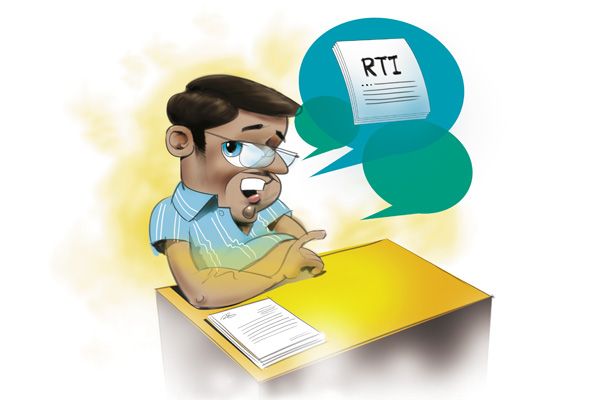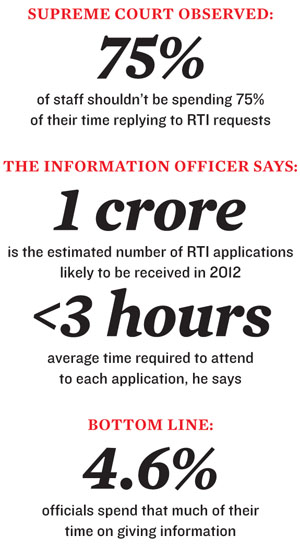Dated : 31..01.2012
To
Deputy Commissioners
Kendriya Vidyalaya Sangathan
All Regional Offices
The Directors
Kendriya Vidyalaya Sangathan
All ZIETs
Subject: Admission Guidelines 2012-13.
Madam/Sir,
Kindly find attached admission guidelines for the year 2012-13 for Kendriya Vidyalayas duly approved by the competent authority.
You are requested to circulate the same to all Principals under your jurisdiction for compliance.
Yours faithfully,
(P.V. Sai Ranga Rao)
Assistant Commissioner (Acad)
Encl: As above
Copy to the Joint Commissioner(Acad) for information.
Assistant Commissioner (Acad)
GUIDELINES FOR ADMISSION TO
KENDRIYA VIDYALAYAS ( 2012-13)
1. In supersession to all guidelines that have been issued governing admissions in Kendriya Vidyalayas, the following guidelines are issued to regulate admissions in the Vidyalayas with effect from the academic session 2012-13. These guidelines are not applicable to KVs in abroad. The separate guidelines are being issued to foreign Kendriya Vidyalayas.
2. DEFINITIONS
Unless the context suggests otherwise, the definition of the following terms would be as below :-
(i) CENTRAL GOVERNMENT EMPLOYEES : An employee who draws his emoluments from the consolidated fund of India.
(ii) TRANSFERABLE : An employee who has been transferred at least once in the preceding 7 years shall be deemed to be transferable.
(iii) TRANSFER : An employee would be treated as transferred only if he/she has been transferred by the competent authority from one place/usrban agglomeration to another place/urban agglomeration which is at a distance of at least 20 kms. and minimum period of stay at a place should be six months.
(iv) AUTONOMOUS BODIES / PUBLIC SECTOR UNDERTAKINGS : Organizations which are fully financed by the government or where the government share is more than 51 per cent would be deemed to be autonomous bodies/ public sector undertakings.
3. PRIORITIES IN ADMISSION
The following priorities shall be followed in granting admissions:-
(A) KENDRIYA VIDYALAYAS UNDER CIVIL/DEFENCE SECTOR :
1. Children of transferable and non-transferable central government employees including ex- servicemen. This will also include children of foreign national officials, who come on deputation or transfer to India on invitation by Govt. of India.
2. Children of transferable and non-transferable employees of Autonomous Bodies/Public Sector Undertaking/Institute of Higher Learning of the Government of India.
3. Children of transferable and non-transferable State Government employees.
4. Children of transferable and non-transferable employees of Autonomous Bodies/ Public Sector Undertakings/Institute of Higher Learning of the State Governments.
5. Children from any other category including the children of foreign nationals who are located in India due to their work or for any personal reasons. They would be considered only in case there are no Indian Nationals’ waitlisted for admission.
Note: Admission will be granted based on the number of transfers of the parents as per the existing procedure. The parents of non-transferable Central Govt. Employees including ex-servicemen will be considered after exhausting all transferable employees including ex-servicemen with minimum one transfer. The same is true in other categories.
(B) KENDRIYA VIDYALAYAS UNDER PUBLIC SECTOR UNDERTAKINGS/ INSTITUTES OF HIGHER LEARNING :
1. Children and grand children of employees of the Public Sector Undertakings/Institutes of Higher Learning which are the sponsors of the Vidyalaya. The children of project employees & Post Graduate students who are working long term research projects and children of regular Council of Wardens (COW) employees besides retired employees to be included in category I for the purpose of admission. It has also been decided to include re-admission of those children of Institutes of Higher learning who had to discontinue school to accompany parents going out of station on sabbatical leave/long leave, over and above the class strength (90th BOG meeting held on 30-08-2011).
2-6 The priorities given for Kendriya Vidyalayas under Civil/Defence sector will follow in the same sequence, thereafter.
4. ELIGIBLE AGE FOR ADMISSION
A Child must be 5 years old as on 31st March in the academic year in which admission is sought for Class I.
A. The minimum and maximum age for admission in Kendriya Vidyalayas in various classes is given below:
CLASS | MINIMUM AGE ON 31ST MARCH OF THE IN WHICH ADMISSION IS SOUGHT MAXIMUM AGE ON 31st | MAXIMUM AGE ON 31ST MARCH OF THE YEAR IN WHICH ADMISSION IS SOUGHT |
I | 5 years | 7 years |
II | 6 years | 8 years |
III | 7 years | 9 years |
IV | 8 years | 10 years |
V | 9 years | 11 years |
VI | 10 years | 12 years |
VII | 11 years | 13 years |
VIII | 12 years | 14 years |
IX | 13 years | 15 years |
X | 14 years | 16 years |
Note: 1. The above rule is not applicable to existing students of Kendriya Vidyalayas in the country.
2. The maximum age would be further relaxed by two years to handicapped children only by the Principal.
B. There is no age restriction for admission to class XI provided the concerned child is seeking admission in the year of passing the class X examination. Similarly there will be no upper & lower age limit for admission to class XII provided there has been no break in the continuous study of the child after passing class X/XI.
5. METHOD OF ADMISSION
A. In Class I (RTE Act 2009 – section 12(1)(c) ) (See Annexure –V)
To fulfil the constitutional mandate of reservation to SC/ST and also to implement the provisions of RTE Act under Rule 12(1) c following procedure shall be adopted for admission to class I (with class strength of 41).
1. In first phase 31 seats in Class I should be filled as per existing category system in KVS irrespective of reservation. (However, 01 seat may be granted to disabled child of any category under 3% horizontal reservation)
2. The children secured admission in 1st phase will not be included in 2nd phase (RTE system). However, the unsuccessful candidates in 1st phase, if otherwise, eligible in RTE quota will be included in 2nd phase (RTE Quota).
3. In 2nd phase, the remaining 10 seats will be filled as per RTE provisions (25% of seats)
(a) All applications of Scheduled Caste candidates will be subjected to random method (Lottery System) to select 6 candidates.
(b) All applications of (Scheduled Tribe) candidates will be subjected to random method (Lottery System) to select 3 candidates.
(c) All applications of Economically Weaker Section (EWS)/Below Poverty Line (BPL)/OBC (Non Creamy Layer)/Disabled Children will be subjected to random method (Lottery System) to select 1 candidate.
Note: If adequate number of candidates are not available in (a), (b), & (c), the admission may be granted by inter changing the above three categories to fill all 10 seats in above sequence. In no case these seats will be de-reserved for General Category.
• If required number of candidates covered under RTE do not register in 1st spell of registration then a second notification may be given in the month of April itself.
• The definition/eligibility criteria of Economically Weaker Section/BPL/OBC(Non creamy layer may be verified from the notification of the concerned State Governments.


